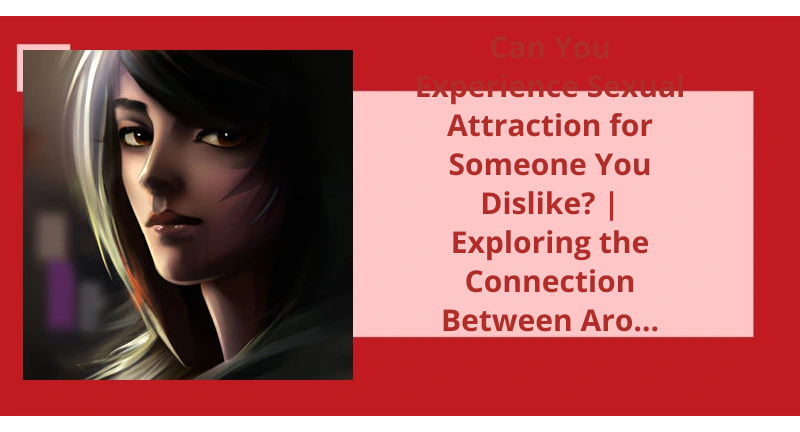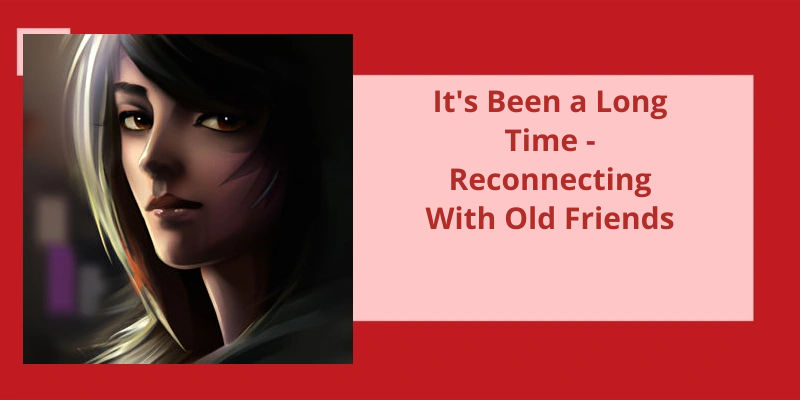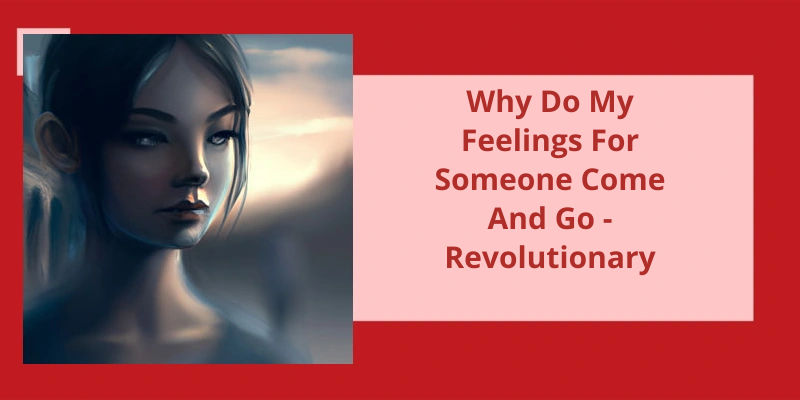Exploring the complexities of human desire can be a tricky business. While some may feel ashamed or confused by sexual attraction to someone they don't like, others might find it a thrilling and taboo experience. However, this seemingly contradictory phenomenon isn't always as simple as it may appear. Experts suggest that there may be underlying psychological factors driving this kind of sexual fantasy, such as unresolved trauma or past negative experiences. So, can you get turned on by someone you don't like? It's a question that’s intrigued researchers and the public alike for years, hinting at the nuances and mysteries of human sexuality.
Can Someone Be Attracted to You but Not Like You?
It’s possible for someone to be attracted to you but not like you. This is a common occurrence among many people who experience conflicting feelings toward someone they find attractive. One may feel drawn to the physical attributes or personality traits of another person while disliking certain behaviors or characteristics associated with them.
At times, the experience of simultaneous attraction and hate can be confusing and frustrating. A person may feel torn between their desire to be with someone and their negative feelings towards them. However, it’s important to recognize that this is a normal part of human nature and shouldn’t be perceived as a reflection of ones worth or value as a person.
The root cause of this phenomenon can vary from person to person, but it often stems from emotional baggage such as past relationship trauma, social competition, or general insecurities. For example, a person who’s been rejected by a past lover may find themselves attracted to someone who exhibits similar characteristics to their ex, but also feel negative emotions towards them because of unresolved pain or trauma.
Another possible cause of attraction fused with hate is social competition. People may feel threatened by someone who they view as a potential rival and may experience conflicting emotions towards them as a result. In some cases, feelings of jealousy may be present, which can exacerbate negative feelings towards someone.
Regardless of the underlying cause, it’s important to address these conflicting emotions in a healthy and constructive way. This may involve seeking therapy or counseling to work through past traumas or insecurities. Alternatively, talking to a trusted friend or confidante may provide a helpful outlet to process these emotions.
It’s possible for someone to feel attraction towards you while also experiencing negative emotions such as hate or dislike. However, it’s important to recognize that these emotions are a normal part of human experience and should be addressed in a constructive and healthy way.
The Difference Between Attraction and Infatuation
- Attraction is based on genuine qualities and characteristics of a person, while infatuation is often based on an idealized image or fantasy of that person.
- Attraction develops gradually over time and deepens as you get to know the person, while infatuation happens quickly and tends to be superficial.
- Attraction is sustainable and can lead to a lasting relationship, while infatuation tends to fizzle out once the initial excitement wears off.
- Attraction involves genuine feelings of admiration, respect, and affection, while infatuation is more about lust and desire.
- Attraction is grounded in reality, while infatuation is often based on unrealistic expectations and projections.
- Attraction is a healthy and positive emotion that can enhance your life, while infatuation can be obsessive, irrational, and ultimately damaging.
Conclusion
In conclusion, the human mind is a complex and mysterious thing, and human sexuality is no exception. It’s understandable that some people may be turned on by those they dislike, but it may also be a sign of deeper emotional issues. As with any aspect of our psyche, it’s important to explore why we’re attracted to certain individuals and what it means for our overall well-being. By acknowledging and addressing these underlying issues, we can free ourselves from harmful patterns and foster healthy relationships built on trust and mutual respect. After all, true sexual satisfaction comes not from physical attraction alone, but from a deeper emotional connection that transcends surface-level desires.






